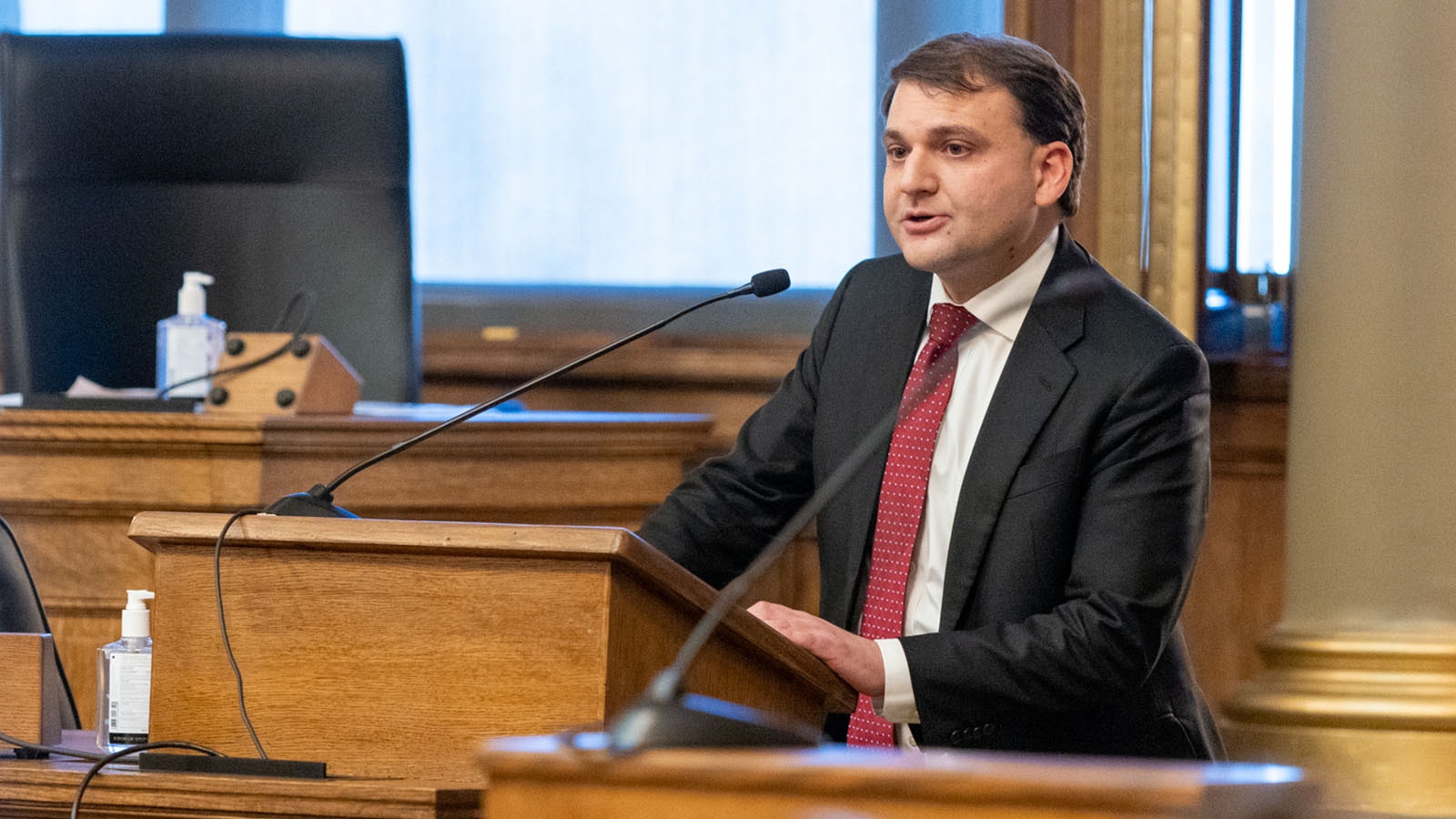With nationwide voter confidence at an all-time low, I was elected Wyoming Secretary of State on a platform of election integrity. I want to continue the great work of our Secretary of State’s Office while also building upon that work. But I was also elected to stop any attempts that would damage Wyoming elections. For taking this proactive approach, the media and liberal elites have thrown around their manufactured labels in an effort to obscure the real issues.
In reality, I simply want to strengthen our electoral process. For this reason, I oppose ranked-choice voting, which is being presented as a proposal before the House Corporations Committee as part of the Wyoming legislature’s 2023 General Session.
Ranked-choice voting is a system in which voters “rank” candidates on their ballots. If no candidate attains more than 50 percent of the first-choice vote, then the candidate with the fewest first-choice votes is disqualified, the votes are tabulated again, and their voters’ second choice picks up those votes. This process continues until one candidate receives a fabricated majority of the vote. The process has been rejected in a number of states because of its confusing nature.
But the problems imposed by ranked-choice voting extend beyond mere confusion, and lead to several concerning outcomes which Wyoming would do well to avoid. For example, should a voter fail or choose not to rank a candidate beyond their first choice, their ballot would be thrown out altogether through later tabulations. This phenomenon, called “ballot exhaustion,” is unique to ranked-choice voting, and disenfranchises voters who may only rank candidates eliminated in the initial rounds of voting.
As a result, ranked-choice voting may lead to a candidate attaining an artificial “majority” of votes, even when they did not receive the highest amount of first choice votes in the first round. This is exactly what happened in Maine’s 2018 ranked-choice election for the Second Congressional District, in which the Republican candidate who won the first round of tabulation ultimately lost through subsequent rounds, after almost 10,000 ballots were thrown out. That means that almost 7% of voters’ views were discarded due to ballot exhaustion.
In other words, ranked-choice voting is entirely different than a run-off election, because voters are not allowed to re-evaluate their choice after the initial tabulation occurs. It attempts to create a fictional, simulated runoff that does not actually exist. Naturally, this creates an incentive for candidates to engage in tactical maneuvers, like attempting to defeat another candidate in the first round.
Ranked-choice voting has led to a marked decrease in voter confidence, as counting ranked-choice ballots has proven to be a time-consuming logistical nightmare. In Alaska, for example, ranked-choice tabulation has routinely taken two weeks or more, including in the 2022 election.
Another case study is in liberal New York City, which adopted rank choice voting. In their 2021 mayoral election, election officials not only took weeks to count ranked-choice ballots, but also incorrectly tabulated them, leaving everyone uncertain about the outcome of the mayoral race in what was dubbed its “mayoral election debacle.” 140,000 ballots were thrown out due to ballot exhaustion in this election.
This is a far cry from what Wyomingites are used to through the traditional means of hearing results on election night.
For many of these same reasons, ranked-choice voting is linked to declining voter participation. The instructions for ranked-choice voting itself are quite confusing, leading to ballot exhaustion, or to voters failing to mark a ballot correctly or completely. One need only look to liberal cities like Minneapolis, St. Paul, or San Francisco, other jurisdictions which have implemented ranked-choice voting, to see the declining voter participation rate and problems ranked-choice voting invites.
House Bill 49, which has been introduced in the Wyoming Legislature, would authorize municipalities to conduct ranked-choice voting in their local elections. The bill would open up the door to this problematic form of conducting elections, and it would only pave the way for statewide expansion.
A statewide ranked-choice system would eliminate our existing traditional primary system and replace it with a flawed system that does not work. HB49 is being heard before the House Corporations, Elections & Political Subdivisions Committee on Friday at noon. I’m hopeful that ranked-choice voting will be rejected because of its systemic flaws.
Chuck Gray was elected Wyoming Secretary of State in 2022. Prior to his election to statewide office, Gray served three terms representing Casper in the Wyoming House of Representatives.





